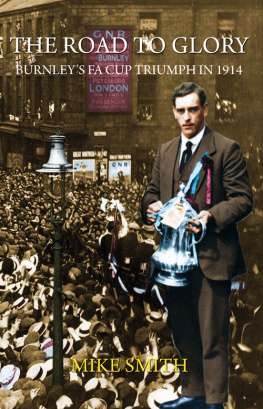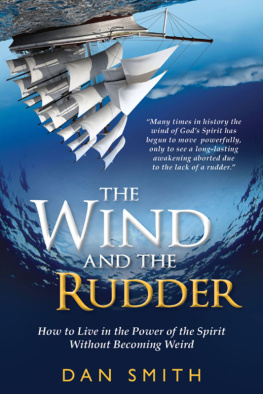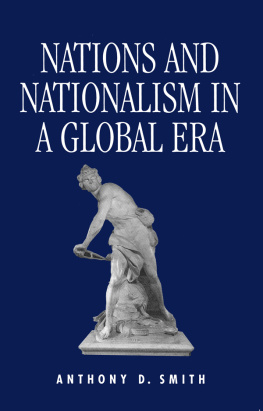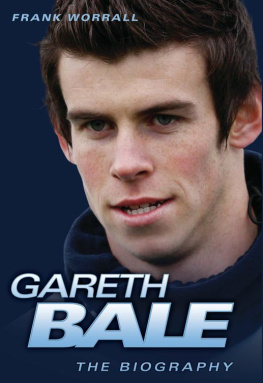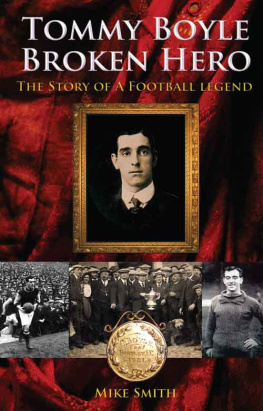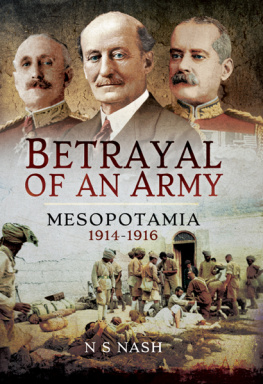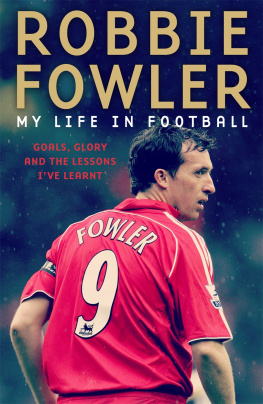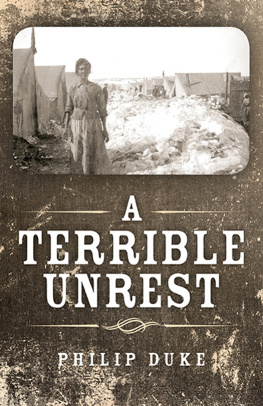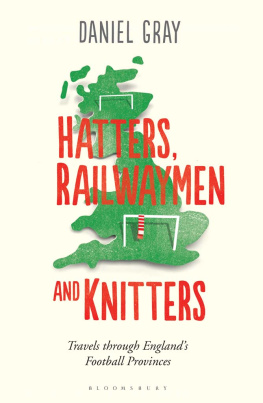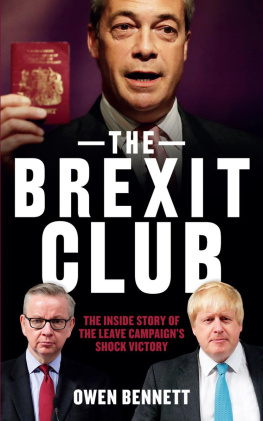
Contents
For Julia and Clare
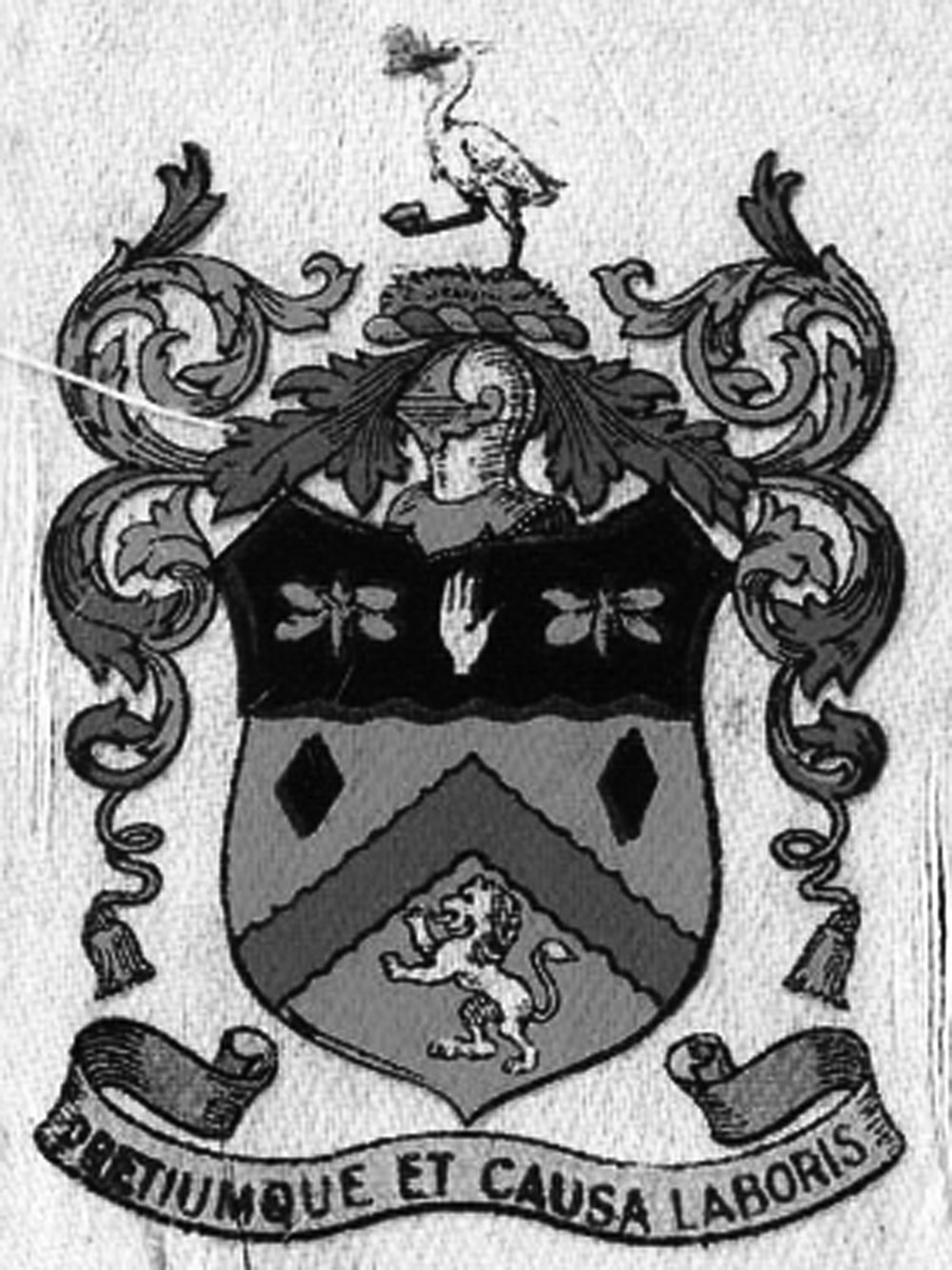
The Prize and the cause of our Labours.
About the Author
Mike Smith lives in Burnley and has supported Burnley Football Club since he was five years old. Mikes career began in the electrical engineering industry before he moved into teaching and management in further and higher education. The Road To Glory is his second published work and follows, Tommy Boyle - Broken Hero published by Grosvenor House in 2011.
Acknowledgements
At Burnley Football Club, Id like to thank Adam Riding for his work on the Road To Glory extracts given in the club programme that ran through the 2013-14 season. My thanks also go to Darren Bentley for giving the Cup story its prominence in the Club programme all season and also to Burnley FCs Historian, Ray Simpson, for his advice. Id like to thank Mike Benyon for providing the digital copies the 1913-14 Burnley programmes and to Programme Monthly for their article where I appealed for any information on the Cup Final and its memorabilia. Many thanks to George Chilvers for producing the colourised images for the cover and to Getty Images for giving permission to use the images of the Cup Final. Thanks to Valia Lamprou at the London Transport Museum and to Javis Gurr at English Heritage for use of their images under licence. Mostly Id like to thank the sports journalists of the day who normally went by their pen names of; Sportsman, Brunbank, Lancastrian, Orion, Tityrus and many others. In the days before radio, television and the internet, their accounts of football matches gave a colourful insight into what football was like at the time. Finally Id like to thank the staff at Burnley Central Library for their help and for access to their excellent resources, without which this work would not have been possible.
There must be a beginning of any great matter
but the continuing unto the end until it be thoroughly
finished yields the true glory.
Francis Drake 1587
List of Figures
Cover Image - The Burnley team arrive outside Burnley Town Hall on the 27th April 1914.
Inset: Burnley captain Tommy Boyle with The Cup. (Getty Images, colourised by George Chilvers)
--xxx--
Introduction
In England, the Football Association Challenge Cup as a national football tournament has no equal. Since the competition began in November 1871, the FA Cup has won a special place in the hearts of football players, clubs and their supporters. The competition has survived two world wars and become part of English sporting heritage. It remains the one major football trophy that lies within the grasp of thousands who take part in the competition every season. From village and works teams, through the amateur and semi professional leagues, all the way to The Premiership. Each team has a chance. It might be a slim one, but each team believes they have a chance to win and go through to the next round, or, like some have done, go all the way. That is whats so appealing about the Cup. There is a disregard for class and pampered overpaid superstars. The unpredictability of the Cup is what gives it its excitement. Who would have backed Wigan in 2013, Wimbledon in 1988, Coventry in 87, Southampton 76 or Sunderland in 73? You can go back even further than that, to the early part of the 20th century and find Cup winning underdogs like Southern League Tottenham Hotspur in 1901, Second Division Wolverhampton Wanderers in 1908 and Barnsley in 1912 and these are only upsets caused in the Final.
Ask any supporter or player what their most memorable match was and it will most likely be a Cup tie. Theyll describe in detail everything that happened on the day. The goals, the players, the stadium, the chanting, the lap of honour, the joy. An unforgettable day when grown men hug each other and cry like children. But winning the Cup is more than just the games played. The honour, prestige and glory not only go to the winning team, but is also bestowed on the town and community the team represents. Everyone stands a little bit taller and that bit prouder. For the winners, theres a heroes homecoming. A once in a lifetime experience with an open-topped bus tour, flag-waving crowds and a civic reception fit for a visiting head of state.
It all happened in my hometown, Burnley, on a special day in April 1914, when its football team won the Cup for the first time. In a hundred years, it remains Burnleys one success in the competition and as such it is unique. It was a very different world then. Burnleys victory took place only four months before the outbreak of the Great War. It was a world without radio, television, Sky Sports and the internet. The main source of football news then was the newspaper or old fashioned telephones that you wound up. Football supporters would wait anxiously outside newspaper offices on a Saturday afternoon for the football results to arrive, before they were hastily printed up as the 6 oclock sports specials, the Pinks.
Burnley have been in the Cup Final three times. In 1947, Cliff Brittons newly promoted Burnley played Charlton Athletic at Wembley but lost to a single Chris Duffy goal in extra-time. My father told me stories of what Cup Final day was like in 1962 when Burnley met Tottenham Hotspur at Wembley and lost 3-1. Just before he died, he passed on to me one of his most prized possessions; his 62 Cup Final programme, community song-sheet and match ticket that hed kept in prime condition for almost fifty years. My own Cup experience with Burnley goes back to 1974, when as a teenager I watched the Clarets in the Semi-Final where we met Newcastle United. The atmosphere inside Hillsborough that afternoon was unforgettable, with 56,000 screaming fans packed inside. Two second half Malcolm MacDonald goals put Burnley out, and I can still remember the feeling of dejection on the way back from Sheffield that afternoon. If Geoff Nultys header that had scraped the Newcastle crossbar in the first half had only been six inches lower. If only.
The Road To Glory celebrates the centenary of Burnleys 1914 FA Cup victory. We look at how Burnley got there, from the clubs first Cup match in 1885 through to the 1908-09 season. The year when Burnley, according to reports were, robbed of a first Semi-Final place following a quarter-final tie against Manchester United at Turf Moor. A match becoming infamously known among Burnley supporters as the, Stop the Game its Snowing match. We progress from there to the 1912-13 season which saw Burnley reach the Semi-Final stage for the very first time. We then take a match-by-match view of the 1913-14 season to look at what happened, how the Cup team evolved from the League campaign and all the other events that took place in the build-up to arguably Burnleys greatest ever achievement. Evidence is gathered from match reports of the day from local and national sources, football programmes, photographs and other information from that eventful season.
The 1914 Burnley Cup-winning team of; Sewell, Bamford, Taylor, Halley, Boyle, Watson, Mosscrop, Lindley, Freeman, Hodgson and Nesbitt are legends. Heroes. They went all the way and won it and the reason why Burnleys name is inscribed on the Cup, and in the history books. Those eleven heroes did it first and every other Burnley team must follow. Hopefully one April day in your lifetime and in mine, their feat will be repeated and another great Burnley team will travel all the way down the road to glory and bring the Cup back to Turf Moor.
Next page
